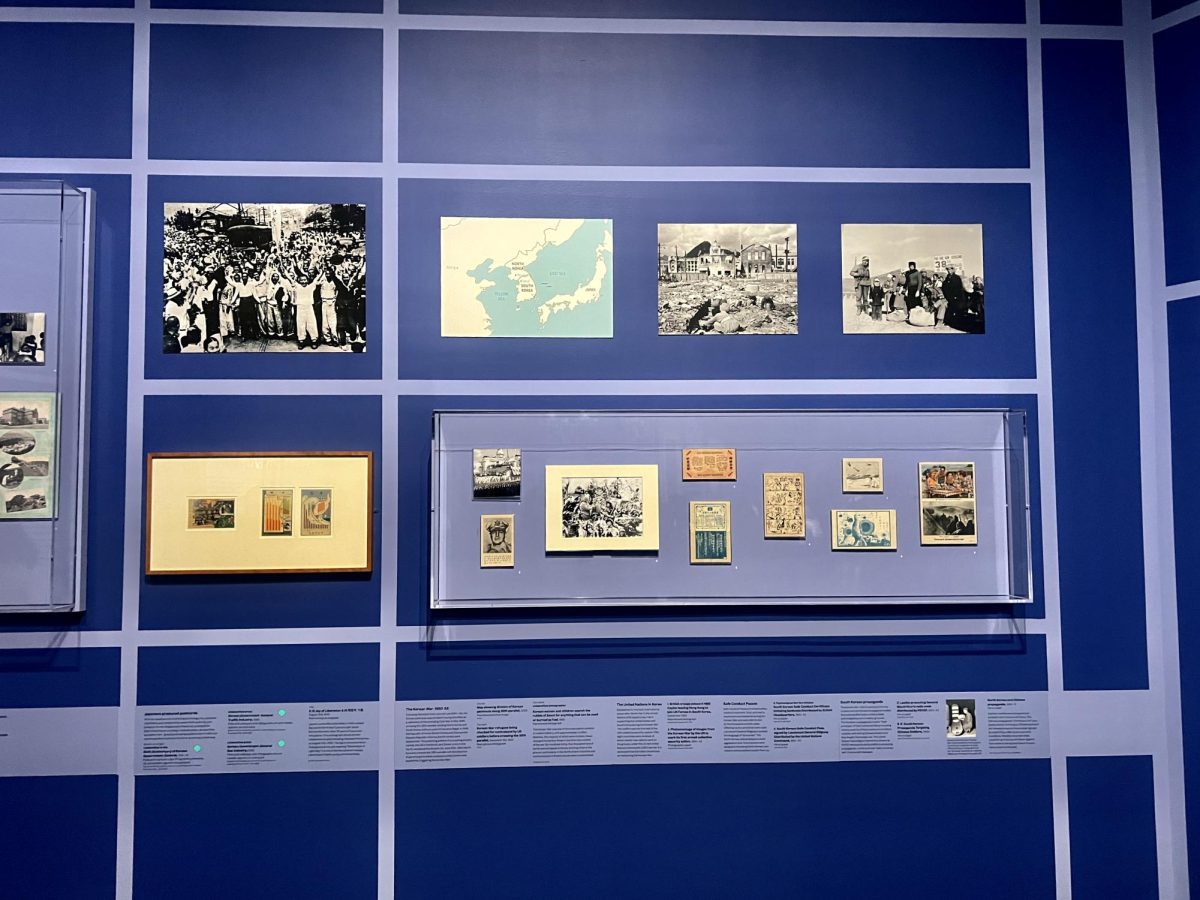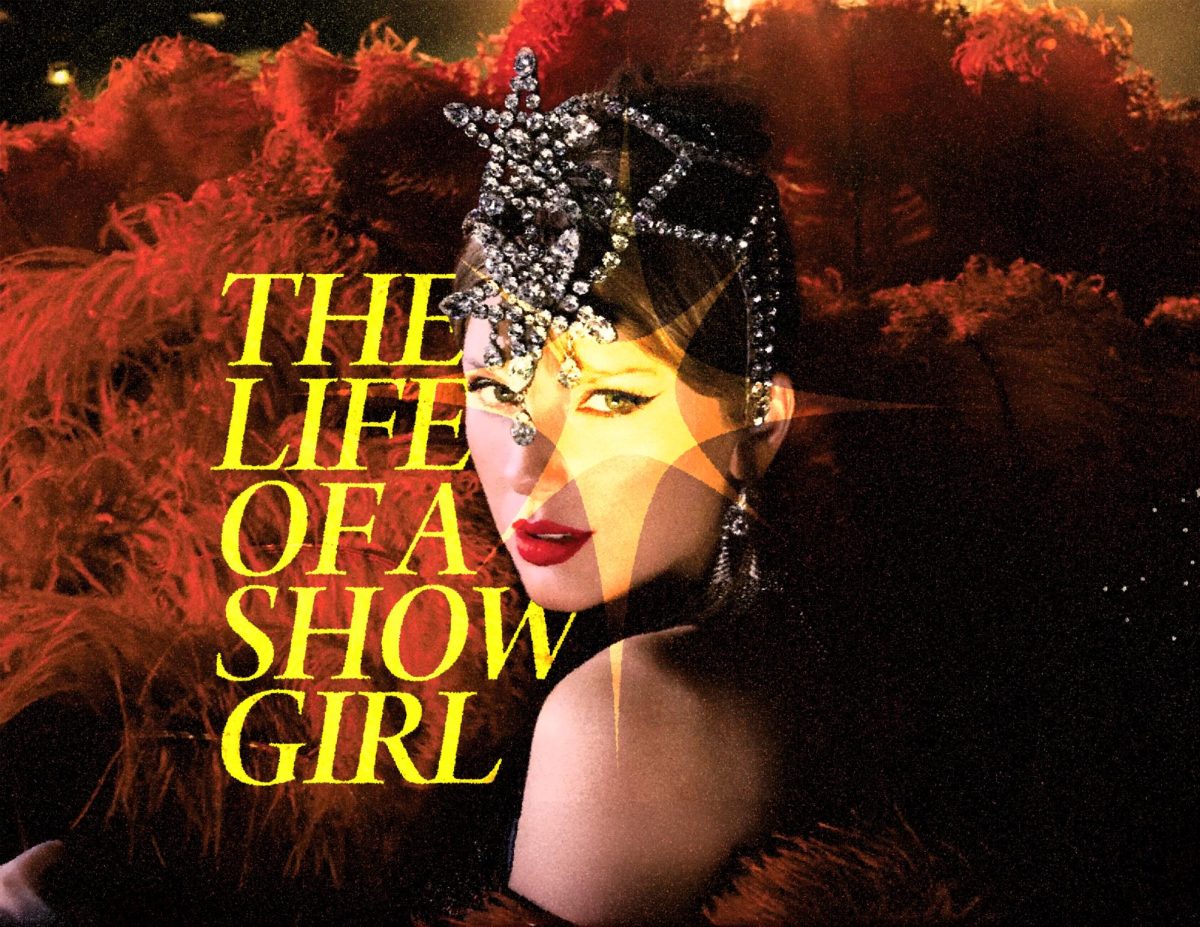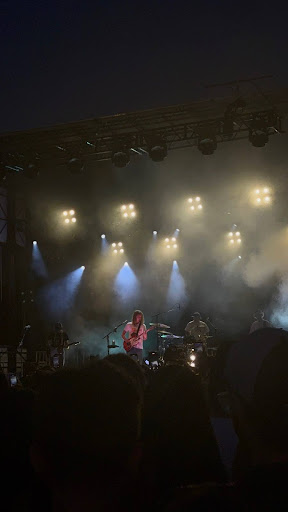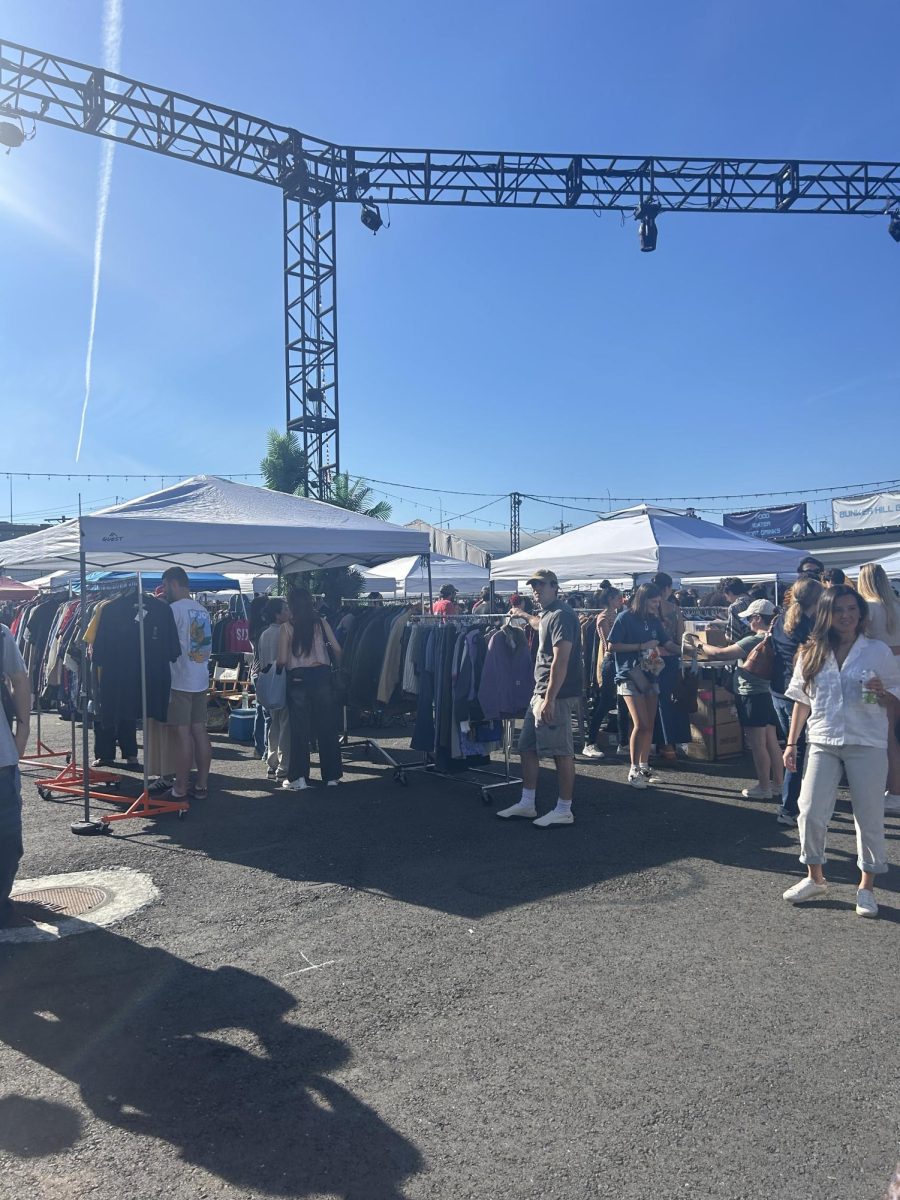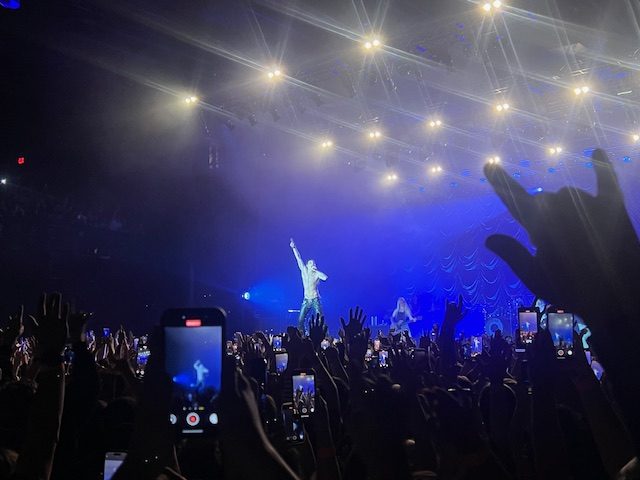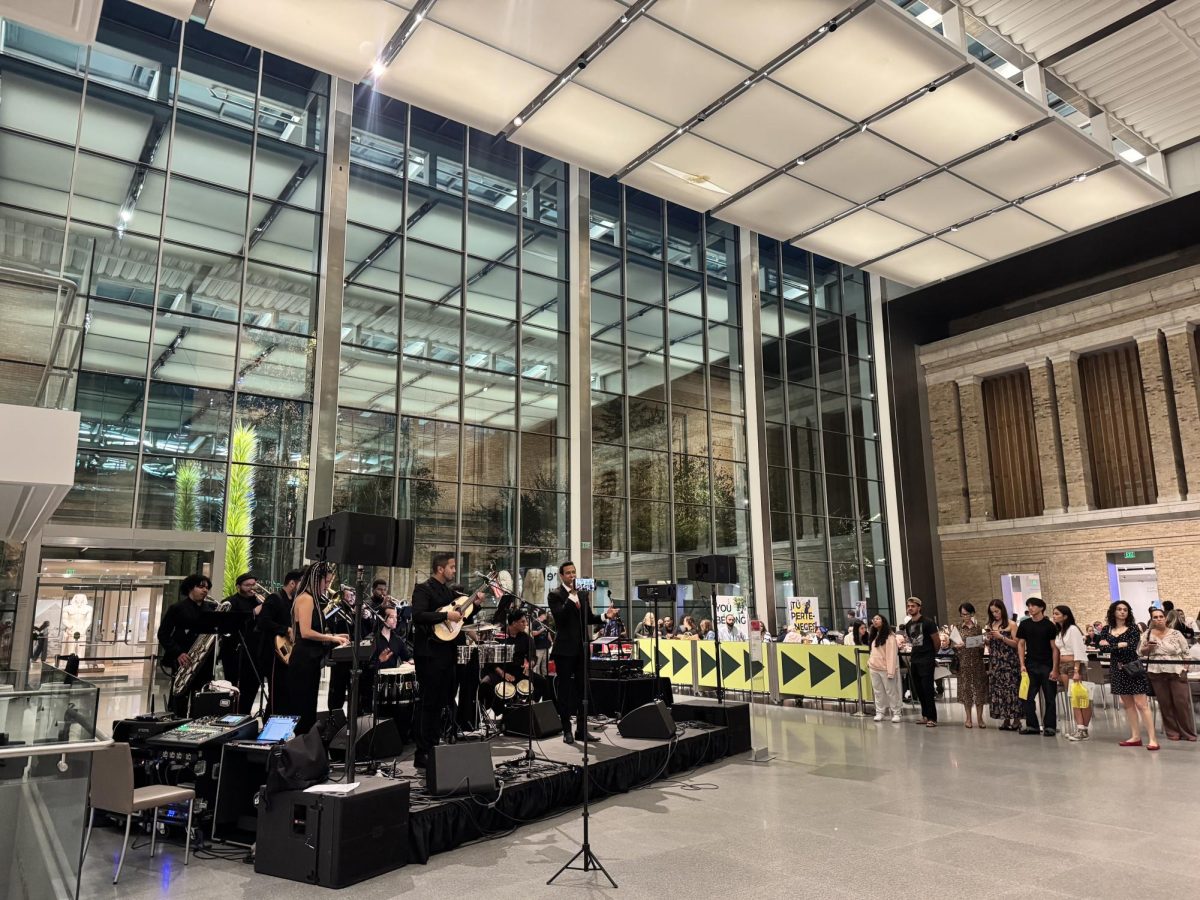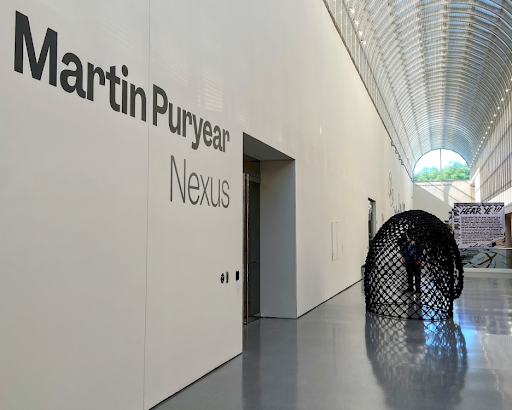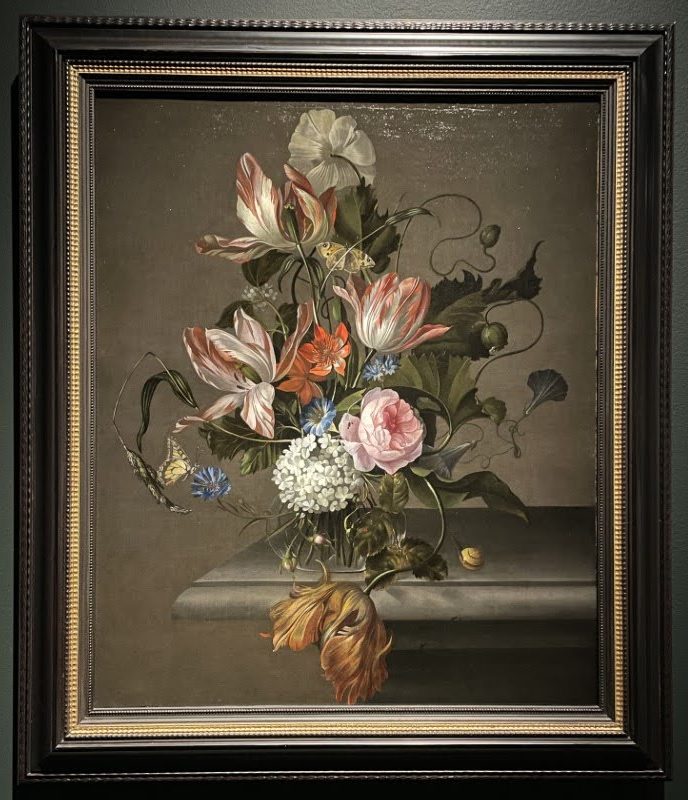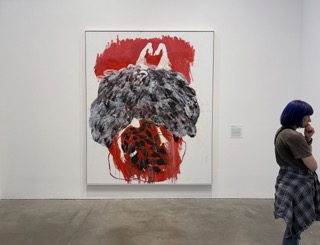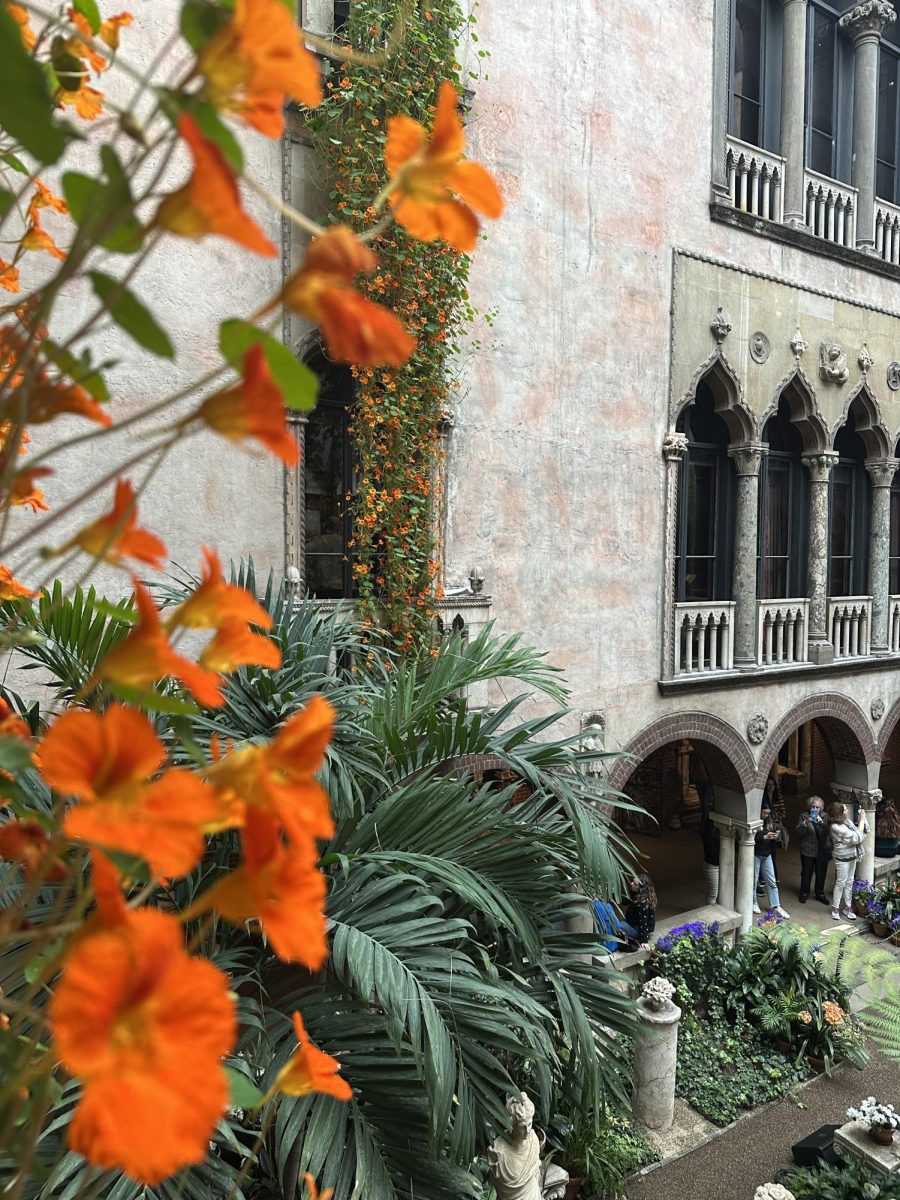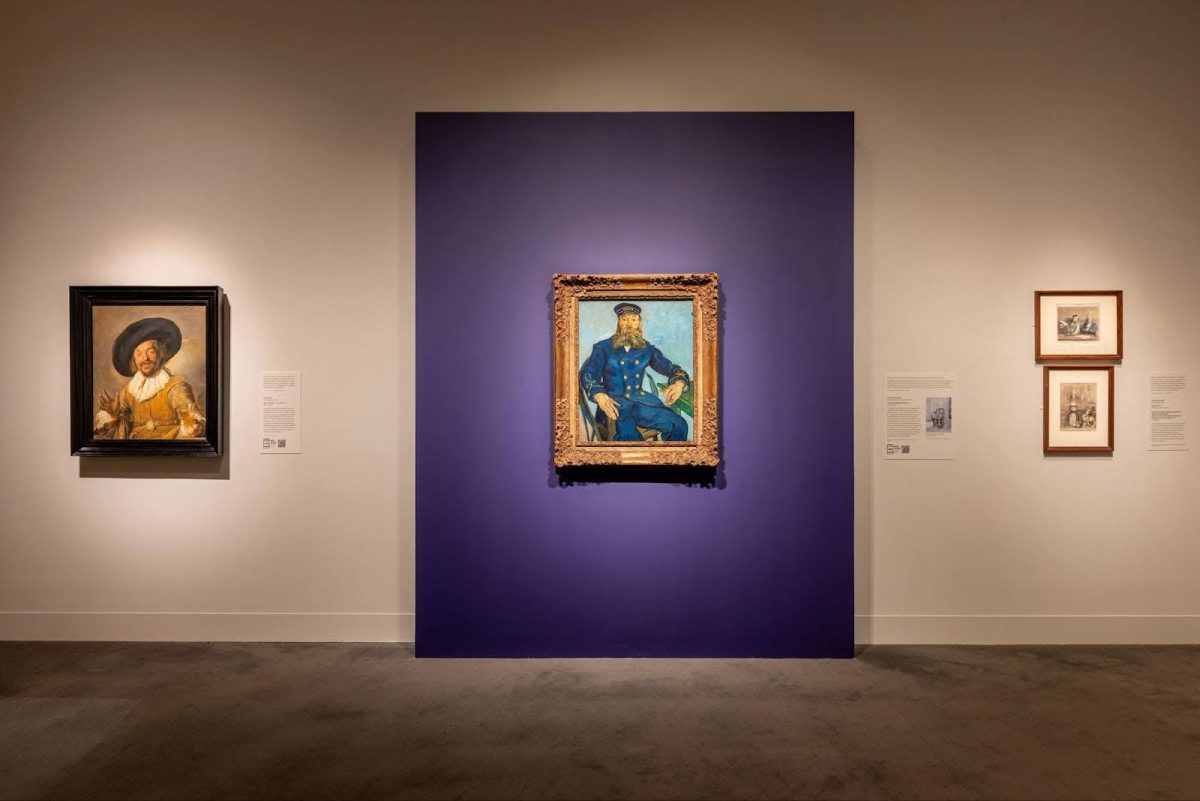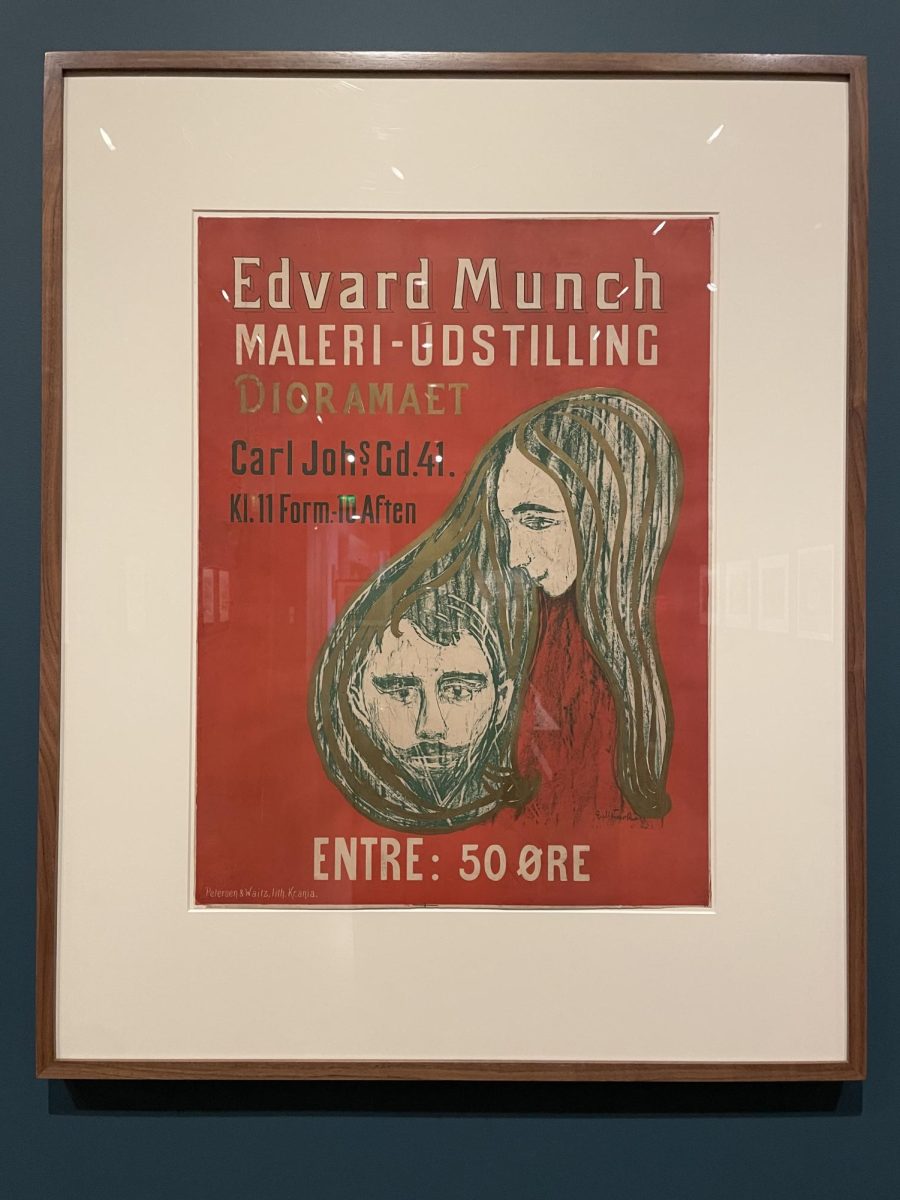The Museum of Fine Arts opened its newest exhibit, “Hallyu! The Korean Wave” March 24, which walks viewers through the history of South Korea and the identity it has created in the last century.
The exhibit opens with the history of South Korea and how it was shaped by Japanese and American pop culture before and after it gained its independence in 1945.
Examples of military artifacts like postcards and mug shots with detailed descriptions set the tone for how confined South Korea and its culture were under Japanese rule.
After the pre-independence portion of the exhibit comes to an end, models of Hyundai cars, the first models of Samsung phones and other electronics are on display to show the start of South Korea’s growing economy. Foam car models and flip phones look out of place in a fine arts museum, drawing the audience in to read the pairing plaque and learn how it fits into the space.
Pictures of the Olympic Games in Seoul from 1988 are hung as an example of its nationalism. It was one of the first internationally held sporting events celebrated on the country’s grounds.
Though the historical flashback of the first section of the exhibit is informative and the darker themes of the room tie in well with the content, the models hidden behind glass cases are not as exciting as the pop culture portion of the display that follows.
Given that the country was subject to military presence for much of the 20th century, many of its films and other arts were centered around the themes of violence and combat. Shifting into the brighter colors that filled the exhibit, South Korea’s identity and art turned from war to whatever their hearts desired.
In the ‘80s and ‘90s, the rise of Korean pop music, cinematic creativity and freedom reshaped the globe’s view of Korea and some of their own culture flooded into other countries, like the U.S.
The exhibit does an incredible job of displaying the shift from the ages of confinement to creativity. The setting of the first room feels darker and much quieter until visitors turn the corner into a room full of model costumes and recreations of sets.
K-pop music from various groups plays while visitors walk through the larger portion of the display. Right when you enter, a floor-to-ceiling structure filled with mannequins and pop band outfits welcomes you to the space.
Multiple rooms broken off of the main display show different aspects of South Korea’s most popular pieces from the last decade.
Mannequins replicate TV characters, fully dressed in tracksuits like those worn in the popular TV show “Squid Game.” The exhibit has an entire room dedicated to the show and other films that broke military themes and sparked popularity. The age of movies that revolved around their countries’ rough past with wars and military recreations has come to an end, and in its place, cinematographers began to create films of whatever genre they wanted.
Similarly, a display representing a scene in the award-winning film “Parasite” gave an eerie tone compared to the bright and poppy environment.
The most surprising and interactive portion of the exhibit was the “K-Pop Dance Challenge” where individuals can stand on illuminated dots and take their chance to perform a dance projected in front of them, similar to popstars’ choreography from their own performances.
To say the exhibit does an incredible job of informing and entertaining is an understatement. You can go into the display with zero knowledge of South Korea’s history and not only take a lesson out of the art but also enjoy the stroll from room to room.
The MFA charges a $7 upcharge on tickets to see the exhibit on top of the $27 charge for adults to enter the museum or a $10 charge for children ages 7-17. Suffolk University students are eligible for free student tickets for both regular admission and special exhibits, including “Hallyu! The Korean Wave.” The MFA is also hosting “College Night: Hallyu!” April 11, where college students have the chance to access the exhibit free of charge and experience a night of performance, music, food and more.
This can’t-miss exhibit will call the MFA home until its closure on July 28.


